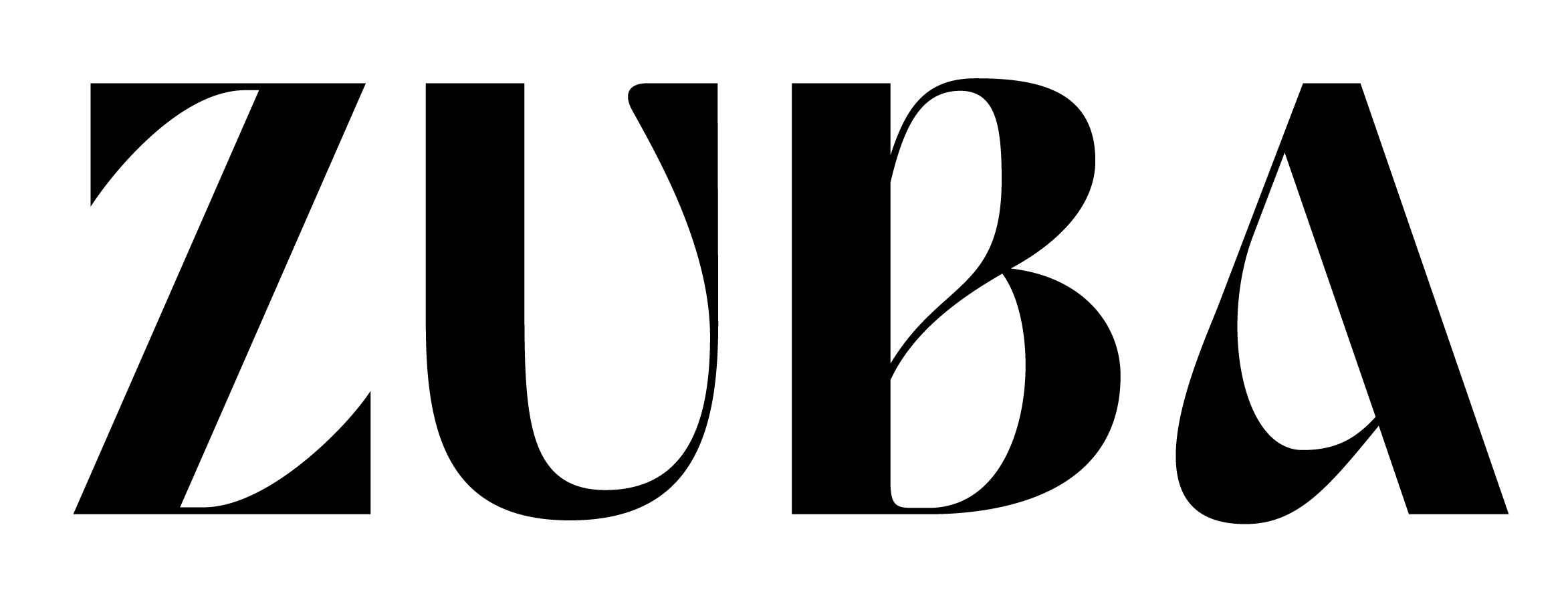In her quest for a lasting solution to a relative’s chronic illness, Anne Chiuri uncovered an interesting innovation: transforming goat’s milk into skincare products. Today, this groundbreaking idea has positioned her Nairobi-based brand, Exotiq Lyd Organics, on shelves in Kenya and beyond.
Speaking to Zuba Network during the 3rd Annual Women in Processing Forum in Addis Ababa, Anne shared how the inspiration to add value to goat’s milk took root. “At the time, a relative was suffering from a chronic illness,” she explained. “During my research, I discovered that goat’s milk has incredible benefits for the body. It’s particularly good for people with cancer, diabetes, arthritis, or HIV because it boosts immunity. Those immunity-enhancing properties gave me the drive to dig deeper.”
Her research revealed even more; a treasure trove of skin-healing properties. “Goat’s milk clears eczema and acne, protects against sun and cold damage, and acts as an anti-aging agent. It’s even a natural exfoliant. Those discoveries gave me a reason to dig deeper.”
Armed with an idea, Anne would soon face her first major challenge: turning it into action, a common hurdle for women in processing. “The first challenge was doing the processing myself,” she said. “Luckily, our Kenyan government, through the Kenya Industrial Research Development Institute, stepped in to help incubate me and guide me through the process after I came up with this innovation. That support made it easier to build capacity, test my product, and prepare it for the market.”
In 2021, Anne launched Exotiq Lyd Organics, a Nairobi-based organic science skincare company producing goat’s milk-based products. The innovation doesn’t stop at the milk, though; Anne says she uses manure from her goat farm to cultivate herbs, which are also incorporated into her products.
“I grow rosemary using goat manure on the farm. We use it to produce skincare products, along with peppermint oil and botanical teas,” she explained. “We now have three product lines: goat’s milk skincare products, botanical oils, and herb-based hair care products.”
Exotiq Lyd Organics has grown rapidly, serving customers not only in Kenya but also in the UK, US, South Africa, Botswana, and Nigeria.
For many women in processing, protecting their innovations through intellectual property remains a significant challenge. Statistics show that women entrepreneurs are less likely to patent their products. However, Chiuri is an exception, thanks to the training and support she received.
“During the training, I registered my trademarks and logo. I learned the importance of trade secrets for example how your product formulation adds value to your brand,” Anne said. “My patenting process is ongoing in Kenya. I have also implemented NDAs and staff contracts to protect my formulations and designs.”
This protection, Chiuri says, gives her peace of mind. “I no longer worry about someone copying my formulations or designs and profiting from them. With intellectual property in place, the value of the entire brand is secure.”
Chiuri emphasized the critical role of government intervention in nurturing women in processing. “It’s very important to support SMEs because most of us probably don’t have money. But when they take us in, fund our projects, and guide us through our innovation processes, they build our capacity, test our products, and prepare us for the market. We’re able to generate revenue for the country, for ourselves, and for our employees, while also expanding and developing our businesses.”
To women contemplating their own ventures, Chiuri’s advice is simple: Just start. “I know most people are afraid to start. However, just begin your journey. Along the way, you’ll continue building your brand, refining your products, and learning every day, from yourself, from others, and from the market.
Just start.”
This spotlight feature is part of Zuba Network’s coverage of the 3rd African Women in Processing (AWIP) Forum, held in Addis Ababa, Ethiopia, under the theme “Taking Advantage of Opportunities Under the AfCFTA—A Path to Prosperity.” An initiative of the African Union, the forum provides a platform for African women in processing to collaborate, share best practices, and explore regional opportunities.

